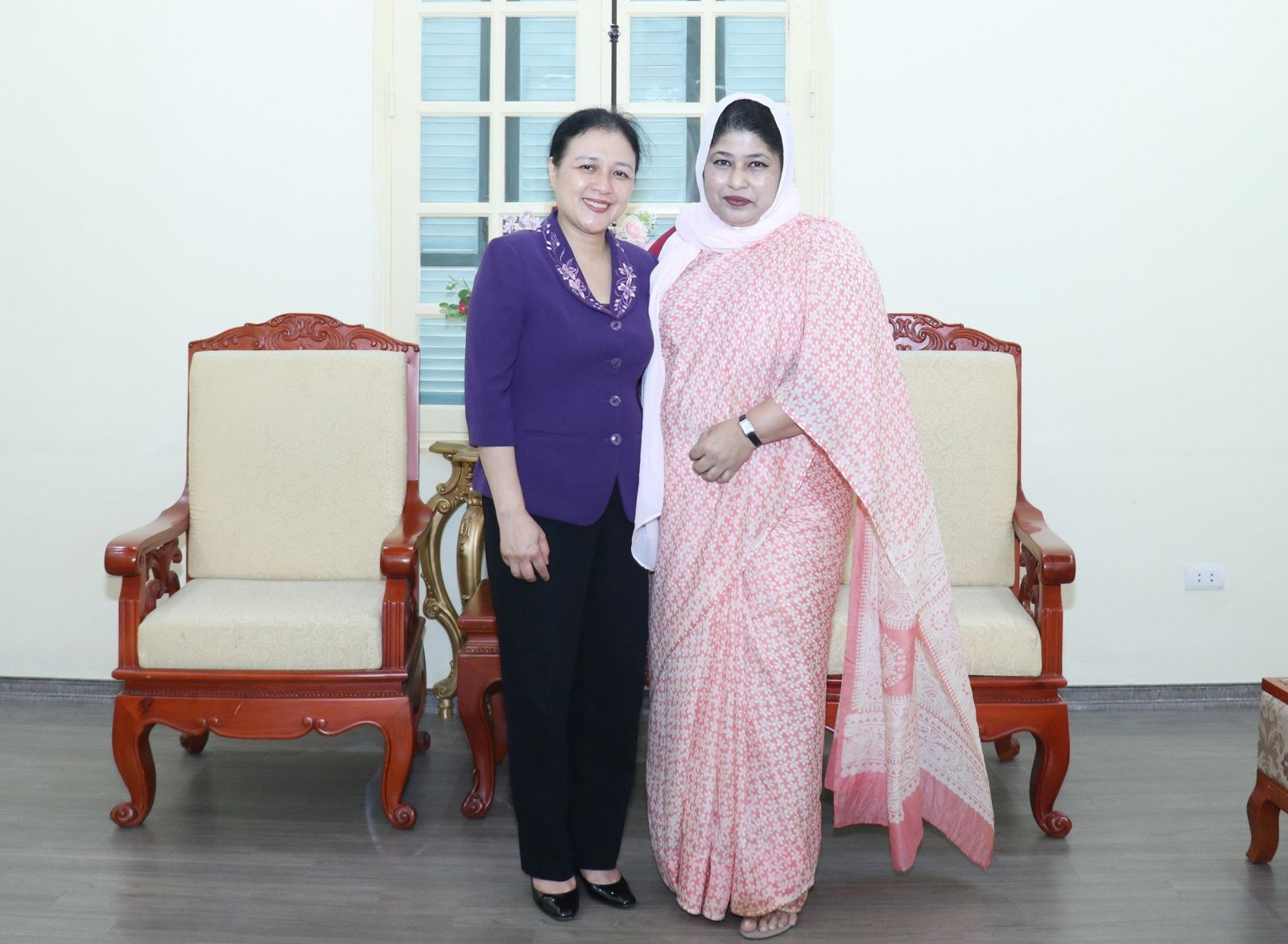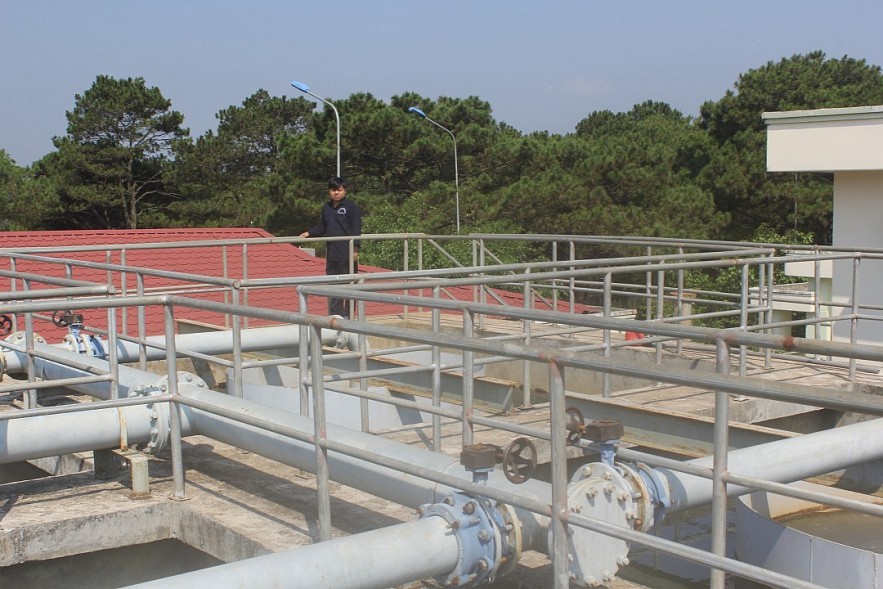 |
| Buon Ho town water supply project sponsored by KOICA. |
Practical projects
According to the Department of Foreign Affairs, in Dak Lak, there are three official development assistance (ODA) projects funded by the Korea International Cooperation Agency (KOICA).
Specifically, the water supply project in Buon Ho town was completed in 2013, with a capacity of 5,600 m3/day and night.
Total investment is VND87.8 billion (US$3.6 million), of which VND62.5 billion (US$2.5 million) is non-refundable aid capital, and the remaining is counterpart capital from the Government of Vietnam.
This project ensures domestic water supply for 56,000 households in Buon Ho town.
In 2017, KOICA continued to support Dak Lak province to invest in the "Project to improve the efficiency of Buon Ho town water supply project", with a total investment of VND19.6 billion (US$813 thousand). In which, the non-refundable aid is US$14.6 billion (US$605.6 thousand), and the construction scale is nearly 39 km of pipelines, supplying water to 2,400 local households.
Along with that, the "Project to support Vocational College for Central Highlands Ethnic Minority" has a total investment of VND126.5 billion (US$5.2 million), of which ODA capital is more than VND105.4 billion (US$4.3 million).
The project built student dormitories, factories, lecture halls, and language classrooms, and provided equipment and facilities to serve vocational training at the school.
The beneficiary of ODA projects sponsored by KOICA, the Buon Ho Town People's Committee said that the project items operate effectively, serving a hygienic water supply for people. They contribute to improving the environment and urban infrastructure.
However, at present, the town has not invested in wastewater treatment infrastructure. All domestic wastewater from households, agencies, and business establishments is discharged into septic tanks, drainage systems, or directly into the environment.
Therefore, the locality proposed KOICA to sponsor the implementation of the "Buon Ho town urban drainage and wastewater treatment system project."
In addition to ODA and FDI projects, Dak Lak province received 18 humanitarian aid (NGO), with a total value of more than US$558,000 (more than VND12.8 billion) in the fields of health, culture, education, and social protection from four organizations and two Korean individuals.
Recently, Korean sponsors also organized a number of groups to participate in volunteer activities and cultural exchanges with localities.
Strengthening local cooperation
Prominent in the cooperation between Dak Lak province and the Republic of Korea (RoK) is the bilateral relationship between the People's Committee of Dak Lak province and the government of Jeollabuk province. The two provinces signed a Memorandum of Understanding in December 2017.
Cooperation activities have been implemented in many fields, such as regularly maintaining high-level delegation exchanges, promoting the potential, strengths, culture, and tourism of each country, and connecting businesses in the two provinces through fairs and exhibitions held in the two localities.
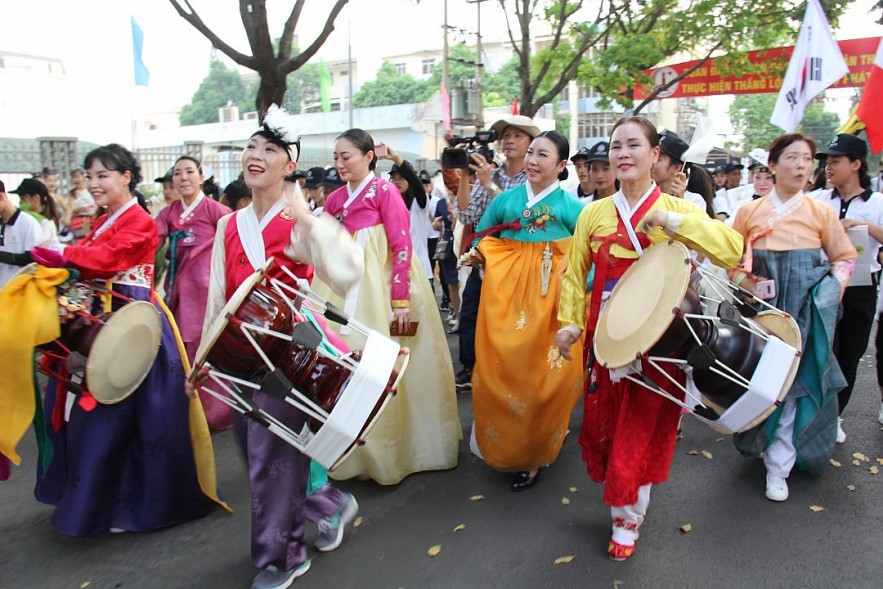 |
| The art troupe of Jeollabuk province (RoK) performs at the 7th Buon Ma Thuot Coffee Festival. |
The Vietnam-Korea Friendship Association in Dak Lak province will continue to expand relations with people's organizations in Jeollabuk province to further strengthen the relationship between the two provinces.
This contributes to promoting the local image and enlisting to call for humanitarian aid and development for disadvantaged localities in the province.
Recently, representatives of Goyang City, Gyeonggi province (RoK) also worked with the People's Committee of Dak Lak province to learn about cooperation prospects.
Goyang City particularly Gyeonggi province has strengths in tourism development, services, automobile engineering, and agricultural engineering, and is the center of the Korean film and convention industry.
They proposed to cooperate with Dak Lak in processing, importing, and exporting coffee, organizing exhibitions and international trade conferences on coffee products and coffee processing technology.
Meanwhile, Dak Lak province wanted to increase the export output of coffee, pepper, and cashews to the RoK market.
Dak Lak also wanted to cooperate and attract investment focusing on the fields of high-tech agriculture, agriculture, forestry, fishery products, renewable energy, supporting industries, and access to ODA and concessional loans from Korean donors.
Long Pham / Source: Vietnamtimes

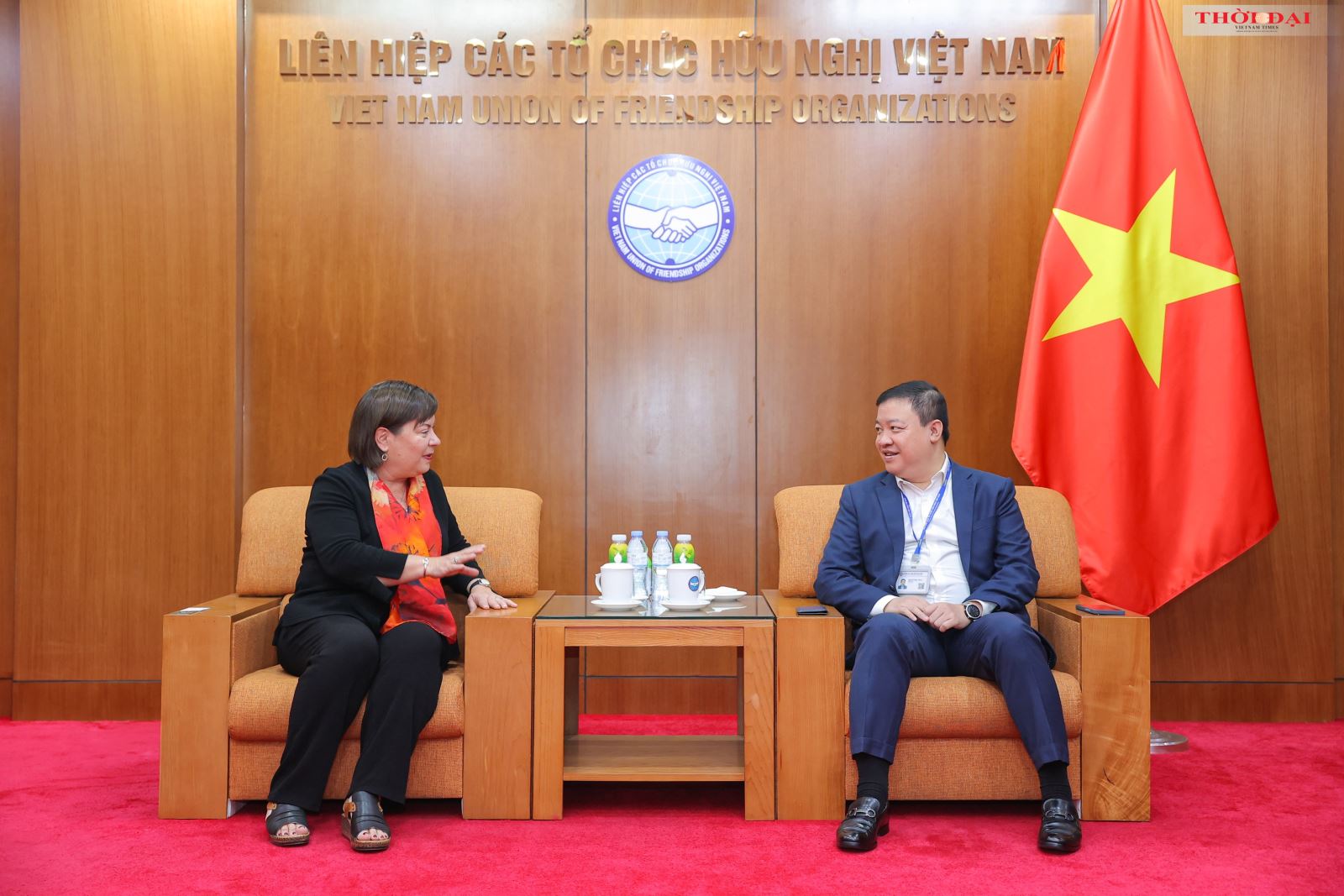
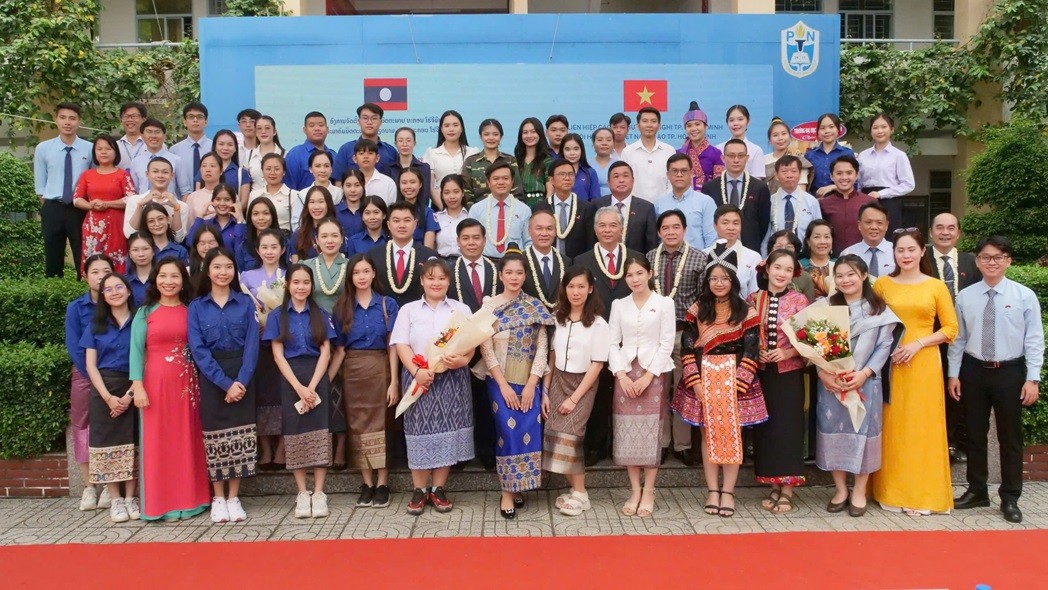
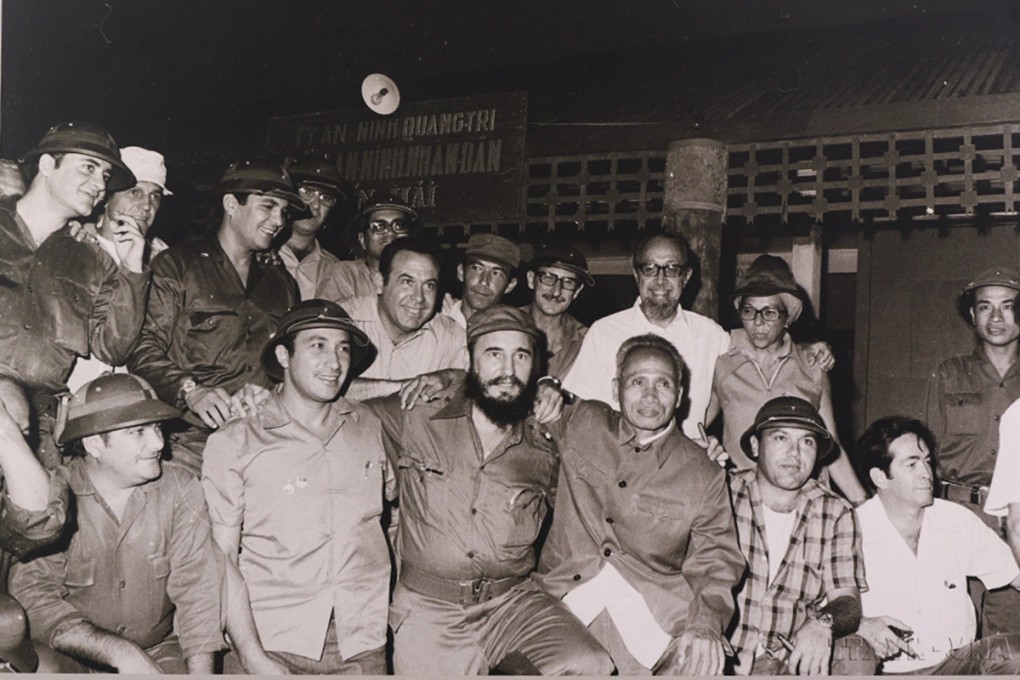
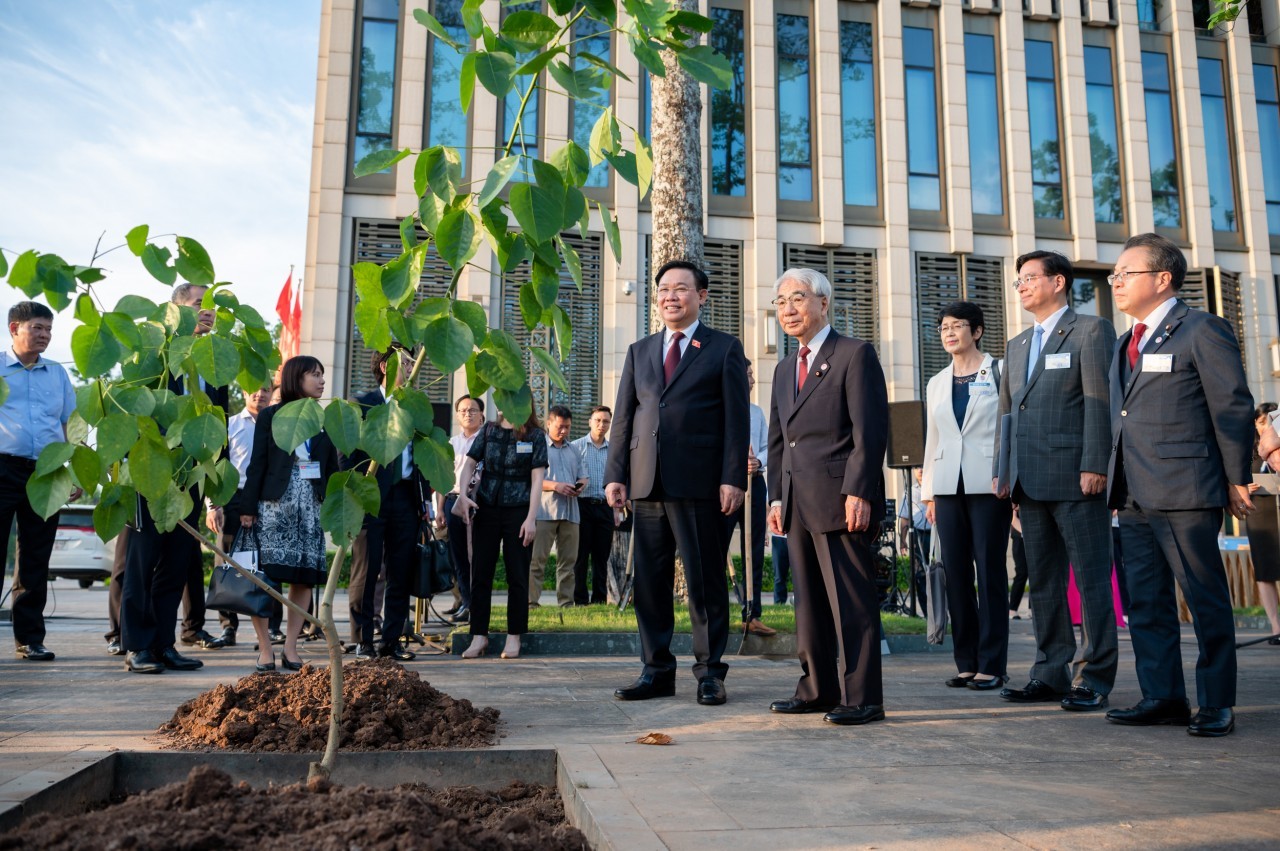
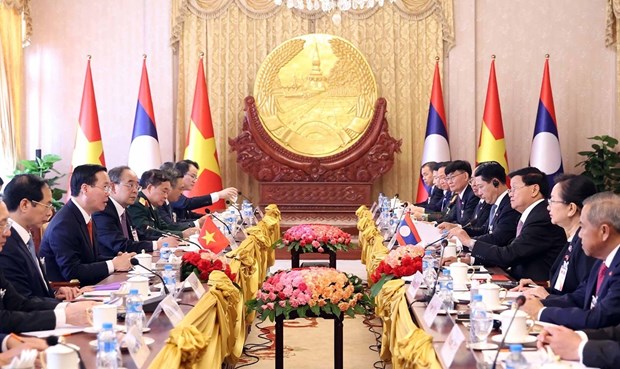
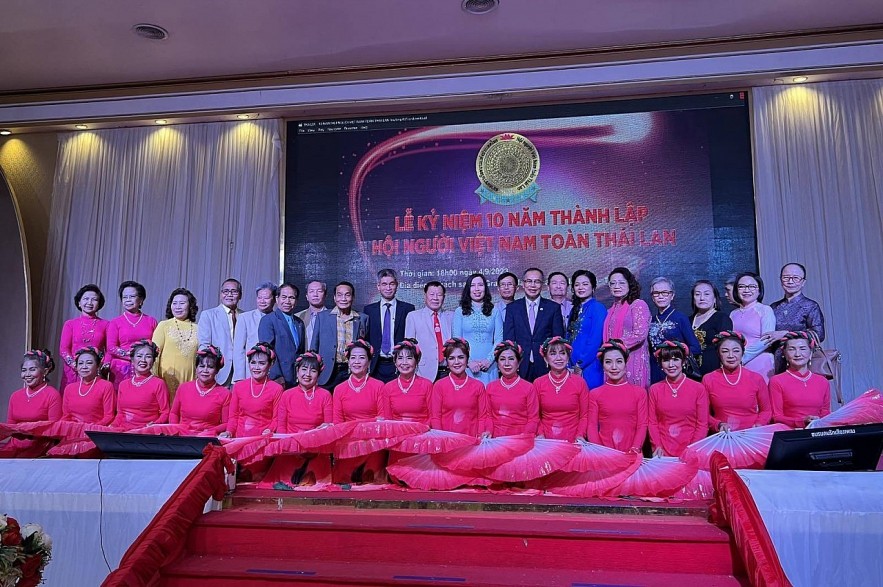
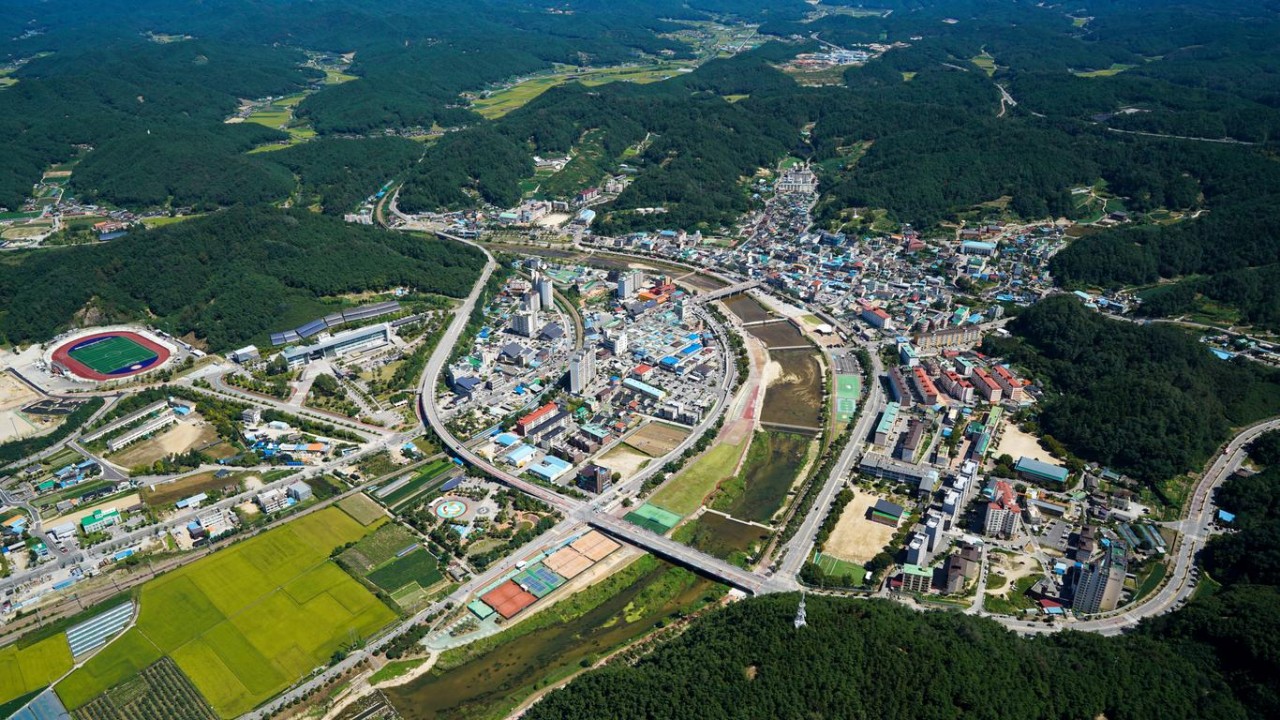
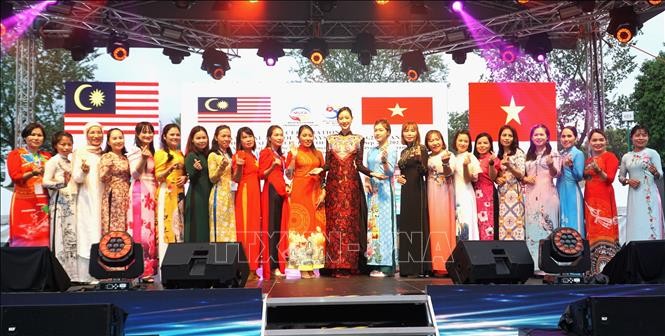
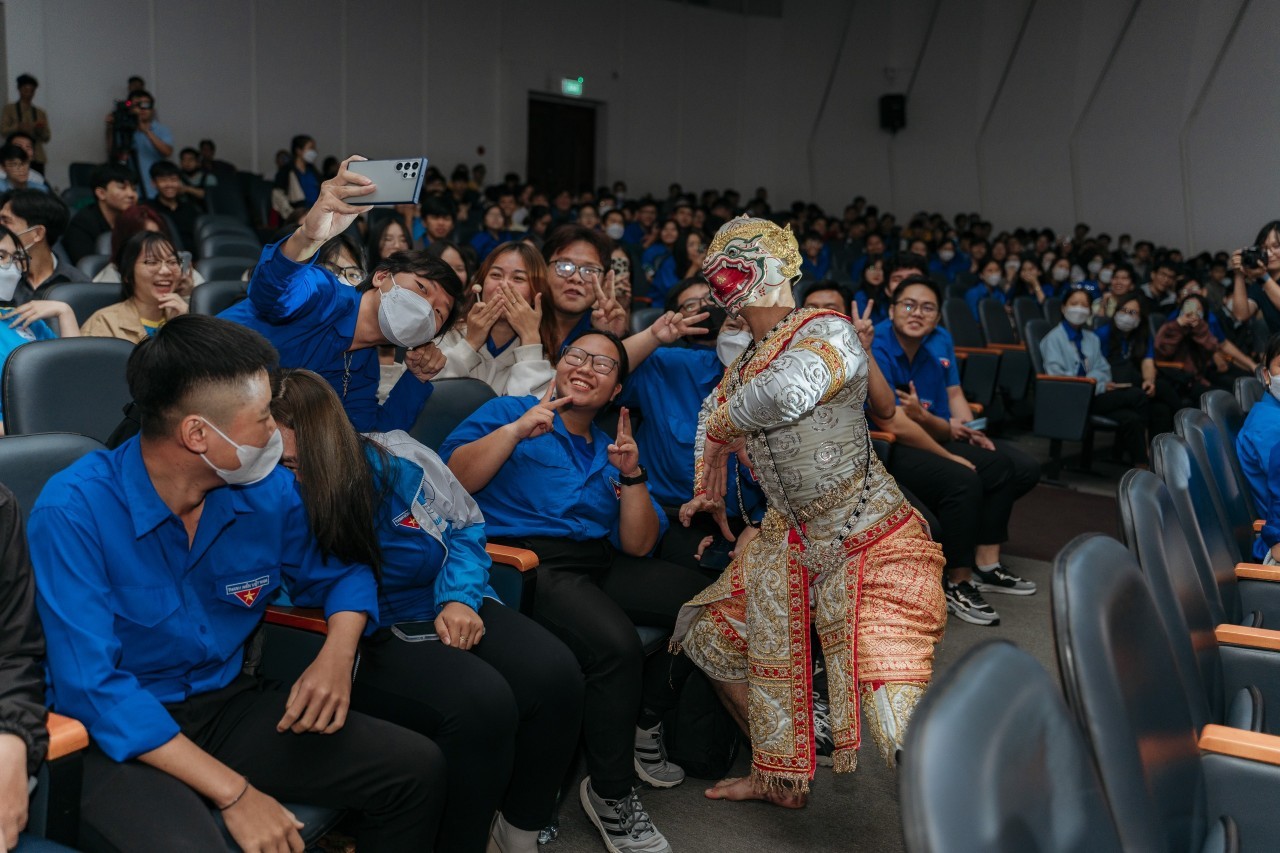
.jpg)
